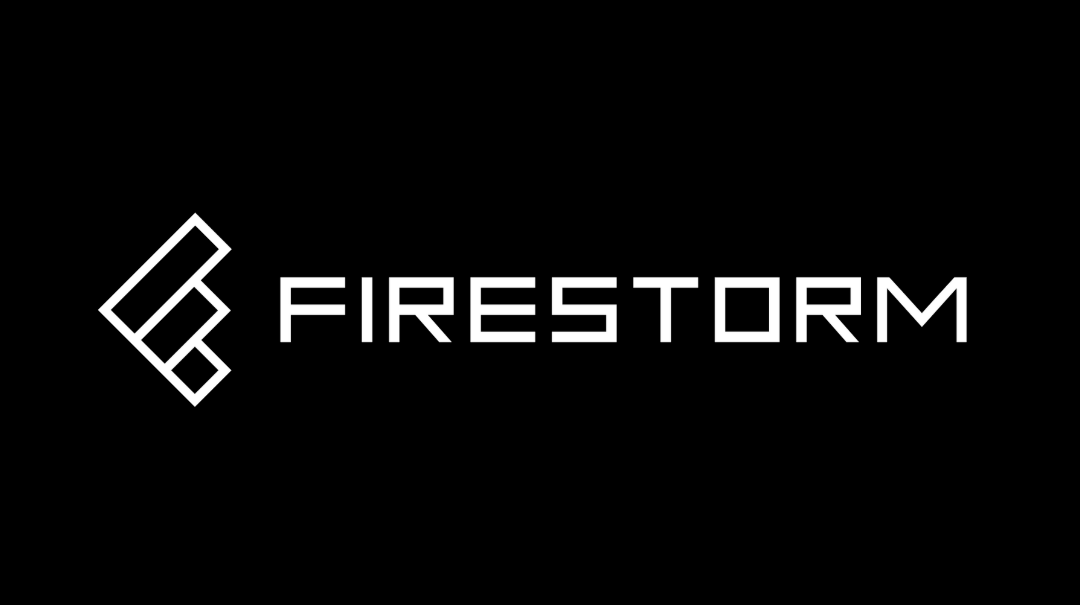Firestorm

Firestorm Labs is a private defense‐tech company founded in 2022 and based in San Diego, California. From its inception, the company set out to make “Affordable Mass” a reality for unmanned systems by marrying modular hardware with open‐architecture software and on-demand manufacturing. Its flagship offering, the xCell expeditionary factory, packs HP’s Multi-Jet Fusion 3D printers into a 20-foot container that can be airlifted to forward bases, producing airframes and critical components within hours rather than weeks .
The founding team—Dan Magy (CEO), Chad McCoy (CSO) and Ian Muceus (CTO)—brings deep expertise in robotics, defense procurement, and rapid prototyping. Magy, who previously scaled autonomous systems startups, spearheads commercial strategy; McCoy focuses on integrating cutting-edge technologies into resilient supply chains; and Muceus oversees the “Factory-in-a-Box” concept, optimizing additive manufacturing workflows to support expeditionary operations.
Firestorm’s product line features the Tempest 25 and Tempest 50 UAS, both designed for payload-agnostic missions such as ISR, electronic warfare and loitering munitions. Each airframe can be printed in approximately nine hours and assembled within 36 hours, enabling units to regenerate assets on site without centralized depots. In January 2025, the U.S. Air Force awarded Firestorm a $100 million contract to field Group 1–3 UAS under its software-first acquisition model, validating the company’s rapid-manufacture approach at scale .
On the financing front, Firestorm closed a $12.5 million seed round in 2024 led by Lockheed Martin Ventures and top defense-focused VCs, and in 2023 secured strategic investment from Red Cat Holdings to accelerate 30-day hardware iteration cycles. An exclusive partnership with HP, inked in mid-2025, grants Firestorm global rights to deploy mobile MJF printers, cementing its edge in expeditionary manufacturing .
In late 2024, Firestorm inaugurated a 14,000 sq ft headquarters and integrated production facility in Kearny Mesa—adjacent to Marine Corps Air Station Miramar—with prototype labs, test ranges and dedicated additive manufacturing bays. The facility will expand to 35,000 sq ft by 2026 to meet escalating DoD demand . Operationally, Firestorm demonstrated battlefield sustainment at Project Convergence-Capstone 5 by printing M777 howitzer parts and spawning Tempest drones on-site, and showcased swarm planning and digital training tools at Camp Atterbury, highlighting its ability to reduce logistic tails and cognitive workload for warfighters .
Looking ahead, Firestorm aims to broaden xCell deployments with allied partners, enhance autonomy through AI-driven flight computers, and extend its modular architecture into maritime and ground systems. By decentralizing drone production and leveraging software-defined manufacturing, Firestorm is positioned to transform the defense industrial base—delivering unprecedented agility, resilience and cost effectiveness to modern military operations.




